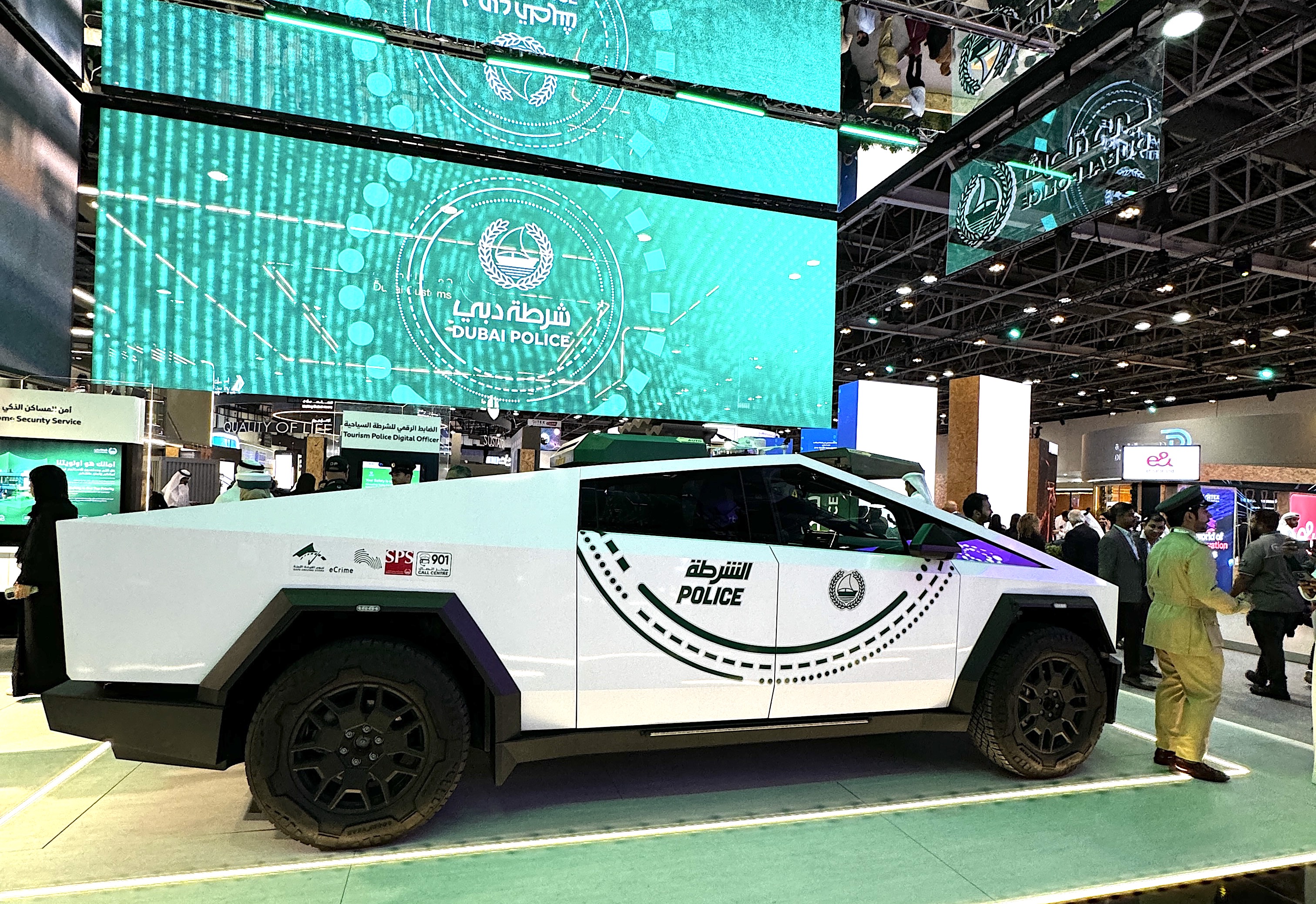 AI
AI
 AI
AI
 AI
AI
Artificial intelligence was a big topic this year at GITEX Global 2024. As the world’s largest tech event got underway in Dubai, Avaya LLC announced it would implement an AI-based virtual assistant for Dubai Police.
One of the things I like about GITEX is that it showcases the “art of the possible,” particularly with government services. In the past, Dubai ministries have demonstrated cutting-edge technologies such as metaverse, holograms, digital twins, drones and more.
One of the Middle East’s unique attributes is that the public sector drives innovation and sets the digital agenda for countries. At GITEX, the Dubai Police, Roads, and Transportation Authority, Dubai Electric and Water Authority and other government agencies have booths where visitors can check out the latest technology and see how it’s being applied to improve the lives of Dubai citizens.
Much of this innovation is done with technology partners, such as Avaya. The concept of co-innovation isn’t new, but it’s standard practice in the Middle East, where providing excellent customer service is a directive handed down by the highest levels of government. In fact, 80% of the UAE government agencies use Avaya technology to achieve the mandated high levels of customer experience.
His Excellency Major General Khalid Nasser Al Razooqi, director general of the Department of Artificial Intelligence, explained the importance of partnering. “Our continued partnership with Avaya is part of our framework for joint cooperation with the private sector,” he said. “This is particularly important in projects that rely on artificial intelligence, which contribute to providing the best services to customers and making them happy.”
This deployment will improve citizen experiences and employee engagement, as well as optimize internal operations. The solution is based on technology from Avaya and Cognigy, a leader in AI-enabled customer service solutions. Though there are many AI vendor in the CX space, Cognigy has become a core component of Avaya’s offerings.
The new solution will enable Dubai Police to run advanced chatbots and orchestrate journeys across various touchpoints. The initial implementation will be within the Dubai Police mobile application, enabling dynamic self-service for routine inquiries while communicating over text in a human-like fashion.
Dubai Police expects the project, which will be performed in two phases, to provide a “range of benefits,” including “easy journey orchestration, powered by AI-based analytics, which will suggest improvements for scripting and journey-mapping based on interaction history.”
The deployment will upgrade the existing solution implemented seven years ago. With the current implementation, tuning the bot’s scripts and orchestrating journeys is manual. The Cognigy-based solution automates personalized journeys and enables the Dubai Police to create a system for continuous experience improvement.
In the second phase of the implementation, Dubai Police will roll out the solution across many internal and external touchpoints. Those will include voice and digital channels supported by its contact center, designed to create a unified, AI-powered experience regardless of the channel chosen by the citizen trying to interact with the agency.
Fadi Moubarak, Avaya’s vice president of sales and channels for the Middle East, Africa and Central Asia, said the company supports Dubai Police in its ongoing effort to emphasize “great experiences” in government services. “The roll-out of this solution,” he said, “will not only deliver a vastly superior AI-based virtual assistant to the Dubai Police mobile app, but will help Dubai Police replicate the same great experience across every touchpoint. Customer journeys will be mapped and orchestrated across channels, ensuring continuity of experience.”
AI is the most transformative technology since the internet and will likely surpass its economic impact and the UAE is set to pounce on the opportunity. While the U.S. and Western European governments are debating how to regulate AI, the UAE aims to create 100 unicorns by 2030, many of which will be AI companies. The model of having the government partner with the private sector can accelerate the use of technology but ensure it’s being used responsibly.
Zeus Kerravala is a principal analyst at ZK Research, a division of Kerravala Consulting. He wrote this article for SiliconANGLE.
THANK YOU